This interdisciplinary project is driven by researchers from a variety of academic disciplines, personal backgrounds and areas of professional experience. Three subteams in urban planning, African history and public health respectively work together in close collaboration, with research projects designed to intersect between disciplines and geographical areas of expertise. They bring together expertise in social and medical history, colonial and postcolonial studies, veterinary and human epidemiology, health economics, pharmaceutical medicine, environmental engineering, urban planning and architecture.
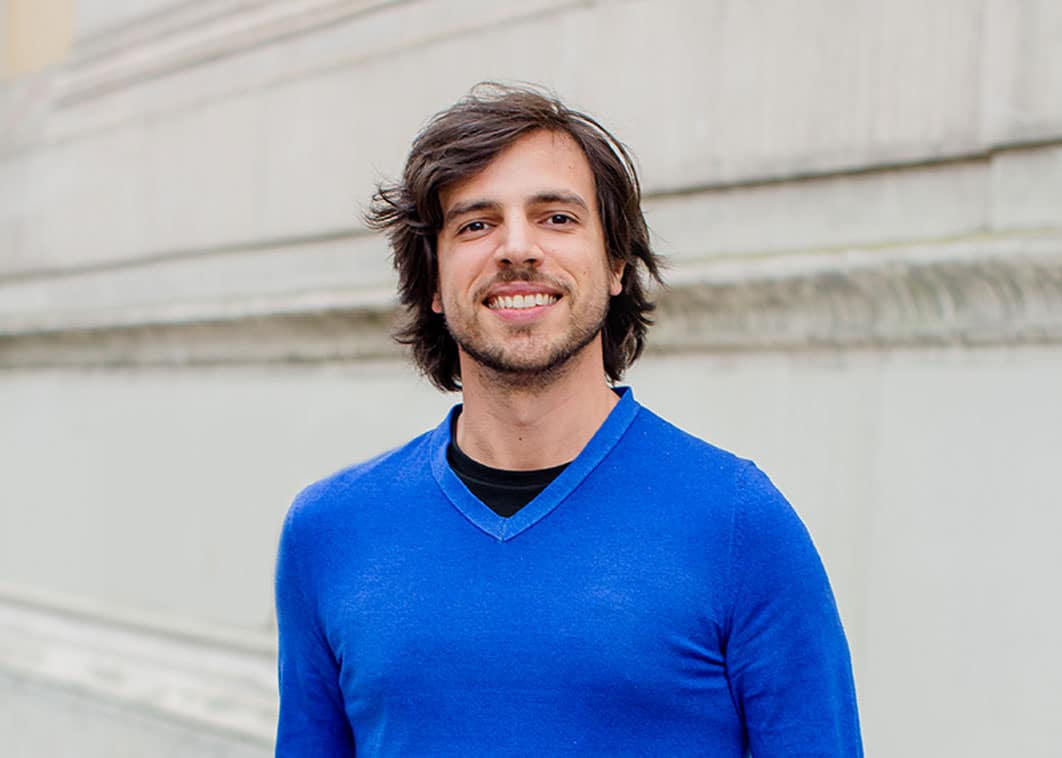

Vitor Pessoa Colombo is a Brazilian architect, trained in Switzerland (B.Sc. École Polytechnique Fédérale de Lausanne, M.Sc. Accademia di Architettura di Mendrisio), with a background in urban studies.
Since 2016, he has carried out research on urbanisation processes in cities of the global South. His research has focused on participatory, “citizen mapping” methods that provide spatial information useful to support the improvement of vulnerable human settlements in cities marked by socio-spatial segregation.
Now he is working on his PhD project at EPFL‘s CEAT unit and investigates the potential of urban design as a preventive tool against disease in the context of rapid/unplanned urbanization, analysing the cases of Nairobi (Kenya) and Abidjan (Côte d’Ivoire).


Jérôme Chenal is the Director of the Centre “Excellence in Africa” and the Director of CEAT, a research unit in spatial and urban planning, both at the Swiss Federal Institute of Technology in Lausanne (EPFL). CEAT is interested in issues related to the built environment and approaches them from a multidisciplinary perspective, enabling cutting-edge research on spatial planning. He is an architect by training and did his doctoral thesis in an urban sociology laboratory on planning tools for African cities.
He is the author of numerous publications on African cities, including: The west-african city: Urban space and models of urban planning (2014, EPFL press). In these works, he developed the idea of a deep understanding of territories, social and urban dynamics in order to identify the levers of change. He has developed a MOOC (Massive Open Online Courses) on urban planning visible on coursera.org. Besides regularly contributing to the international media as an expert (e.g. RFI, Jeune Afrique) he is a columnist for Le Monde Afrique. Since 2019, he has also been an Affiliate Professor at the Mohammed VI Polytechnic University (UM6P).
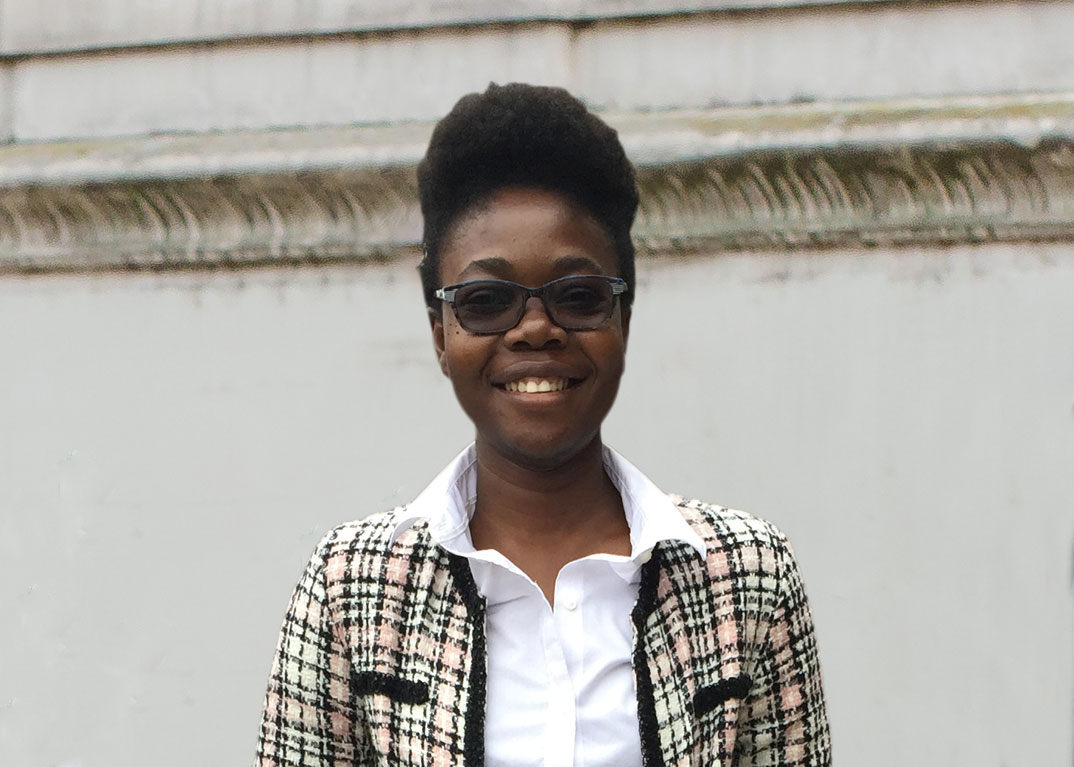

Akuto Akpedze Konou (also known as Rolande) is a young woman architect, urban planner, communicator, author and youth motivator from Togo (West Africa). She is passionate about research in sustainable development, entrepreneurship and green technologies.
Fulbright Scholar and DKG World Fellowship, she is currently Graduate Research Assistant at the Department of Community and Regional Planning at Iowa State University in the USA. Akpedze has been practising for six years, integrating at best the principles of sustainable architecture and planning. After her Master’s degree at EAMAU, GIGA, Eric DUVAL Group, OIF, GIZ, R-SUD, the Togo Government of Prospective and Evaluation of Public Policy, UN-Habitat, UNDP, the GFA Group and the World Bank have strengthened her skills.
She is committed through her profession, to contribute to the protection of the planet and to the good health of its inhabitants. Akpedze argues that every living being has the right to a healthy and decent living environment, and her goal is to use social architecture and sustainable spatial planning to support communities. Akpedze has been active in professional associations such as ONAT, OSM, Minodoo, YALI Allumni, and has dynamically participated in several international workshops, competitions, exhibitions, conferences and training in entrepreneurship or leadership, and on the issues of smart cities.
Co-founder of AXE DURABLE and AfriK Durabiliterre, Akuto Akpedze Konou believes to have a unique contribution to research and development in the field of sustainable planning for a positive impact on Africa’s and the world’s development.
akuto.konou@epfl.ch and see EPFL-Profile.

Team at the Department of History, University of Basel: Julia Streicher (Student Assistant), Oliver Goehler (Student Assistant), Sophie Irion (Student Assistant, not on the picture), Prof Dr Julia Tischler (PI), Dr Tanja Hammel (Postdoc), Dr Danelle van Zyl-Hermann (Postdoc & Project Coordinator), Tolulope Esther Fadeyi (not on the picture)
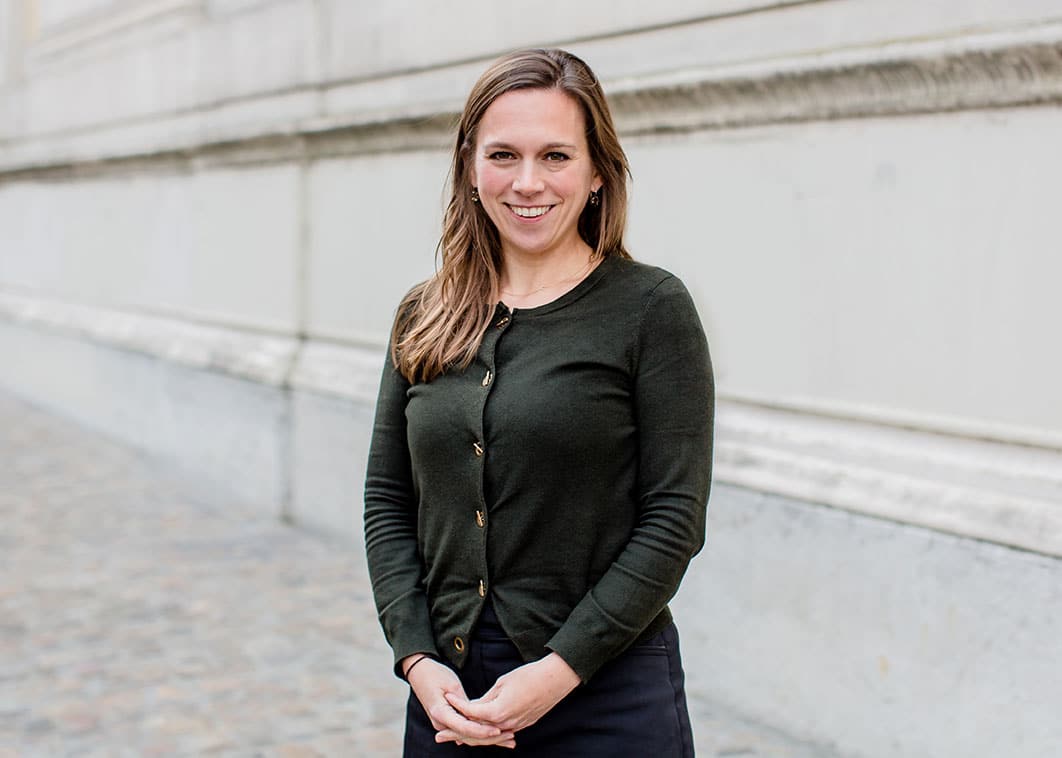

Julia Tischler is Associate Professor of African History at the University of Basel. She completed her PhD at the University of Cologne, followed by postdocs at the University of Bielefeld and the International Research Center “Work and Human Lifecycle in Global History” (re:work) at Humboldt University in Berlin.
Her first book Light and Power for a Multiracial Nation. The Kariba Dam Scheme in the Central African Federation examined nation-building and “development” in late-colonial southern Africa.
She has recently completed a rough draft for her second book entitled The Kingdom of Mealies: Agricultural Progressivism in Segregationist South Africa, 1900-1950, which examines agricultural progressivism and racial politics from a transnational perspective. She has also published in the field of environmental history, including two volumes on climate change and social science research.
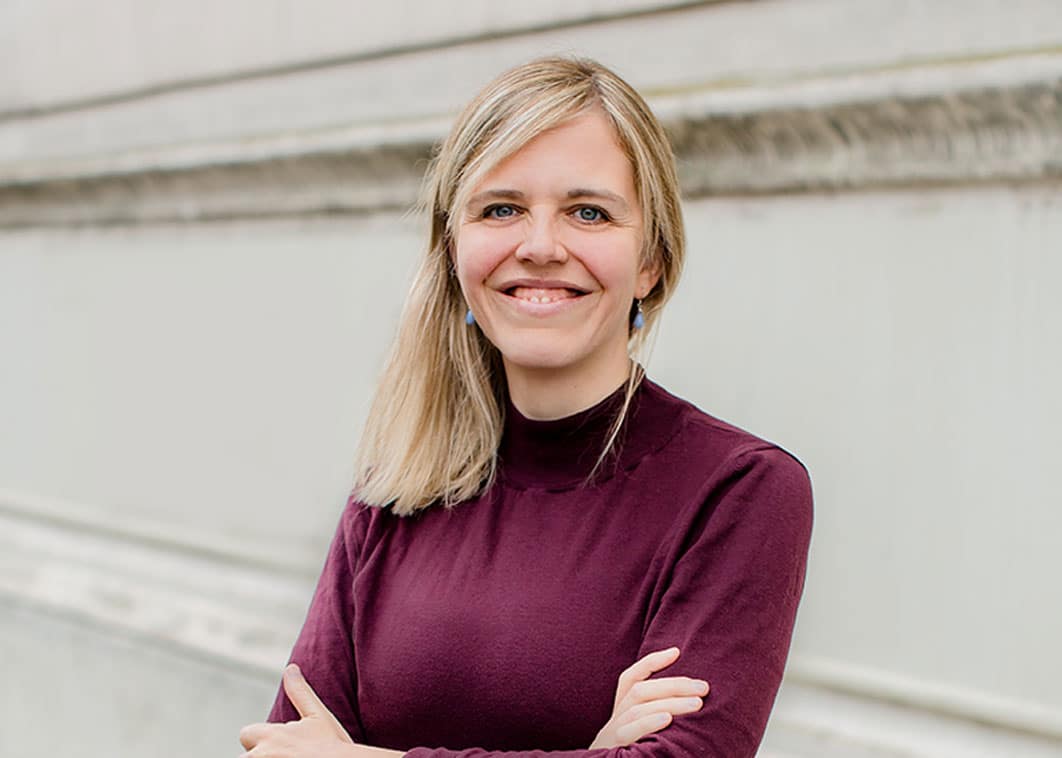

Tanja Hammel is postdoctoral researcher in African history at the University of Basel. She completed her PhD at the University of Basel, where she was an associate member of the NCCR eikones Iconic Criticism. She was also an associate researcher at the University of Sydney.
After her PhD, she worked as a scientific collaborator and lecturer at the History Department, University of Zurich, where she still occasionally teaches.
Her first book Shaping Natural History and Settler Society: Mary Elizabeth Barber in the Nineteenth-Century Cape examined the intersections of race, gender and class in the production of knowledge in a settler colonial context. She has also published a number of articles in collected volumes and Kronos: Southern African Histories.
Her new project is a continuation of her biographical research and takes her from the history of knowledge and science to the history of medicine in Zambia, the US, Europe and other parts of the world.


Danelle van Zyl-Hermann is a postdoctoral research fellow in African History at the University of Basel. She completed a PhD in History at the University of Cambridge as a Gates Cambridge Scholar, after which she held a postdoctoral fellowship with the International Studies Group at the University of the Free State, South Africa.
Her research to date has focused on shifts in white working-class identity, politics and organisation in late and post-apartheid South Africa. Her recently completed book manuscript, entitled Privileged Precariat: White workers and South Africa’s transition to majority rule, sets this against the backdrop of the rise of neoliberal globalisation.
At the intersection of social history, labour history, and critical studies of race, it contributes to debates surrounding precarity, identity politics and shifting state-capital-civil society relations under post-1970s capitalism. Danelle has also published articles on the cultural history of South Africa and is co-editor of the forthcoming book Rethinking White Societies in Southern Africa, 1930s-1990s (Routledge).
danelle.vanzyl-hermann@unibas.ch


Tolulope Esther Fadeyi is a PhD Candidate at the Department of History and Centre for African Studies, University of Basel, Switzerland. Prior to her PhD, she received her undergraduate and master’s degrees in History and Strategic Studies from the University of Lagos, Nigeria. Also, she worked as a research assistant at the University of Lagos and gained invaluable cultural experiences as an intern at a Trado-Medical Hospital in Mushin, Lagos, Nigeria where she learned the art and science of local midwifery practices.
Tolulope is a fellow of the Lagos Studies Association and Ife Institute of Advanced Studies. She was a visiting researcher at the Centre for Maternal and Child Health Research, the City University of London where she participated in seminars and presented her ongoing research.
Her research explores the history of science, traditional medicine, and maternity care in 19th and 20th Century Yoruba society. Her interest in integrative maternity care also extends to the history of rural women and the medical dynamics that impact their patterns of pregnancy, childcare, and postpartum care. Looking beyond the notion of a conflict between traditional and Western medicine, her research seeks to explore the impact of African indigenous knowledge and medicine in improving the maternal health of communities across the globe.


Doris Osei Afriyie is a PhD Candidate under the Household Economics and Health Systems Research Unit at Swiss TPH. Prior to her PhD, she worked at WHO Regional Office in Africa within the health systems cluster assisting in building capacity and knowledge translation for strengthening health systems in the Region.
She has also worked at the national level in Vietnam and Zambia in developing evidence for national strategies and policies for various disease programs. Her research interests are evaluation of national health reforms and policies and its impact on health systems performance, equity in health and social determinants of health.
She received her undergraduate degree in Comparative Human Development from The University of Chicago and her Master of Public Health in sociomedical sciences and global health from Columbia University Mailman School of Public Health.


Jürg Utzinger is the Director of Swiss TPH and Professor of Epidemiology at the Faculty of Science at the University of Basel. He is trained in environmental sciences at the Swiss Federal Institute of Technology Zurich, holds a PhD in epidemiology from the University of Basel, and pursued four years of postdoctoral research in demography and epidemiology at Princeton University in the LIS. Before his appointment as Director of Swiss TPH, Utzinger headed the Ecosystem Health Sciences Unit at Swiss TPH.
His research, teaching and training interests pertain to the epidemiology and integrated control of neglected tropical diseases, malaria and health impact assessment of large footprint projects in low, and middle-income countries. He is engaged in transnational global health projects in Africa and Asia.
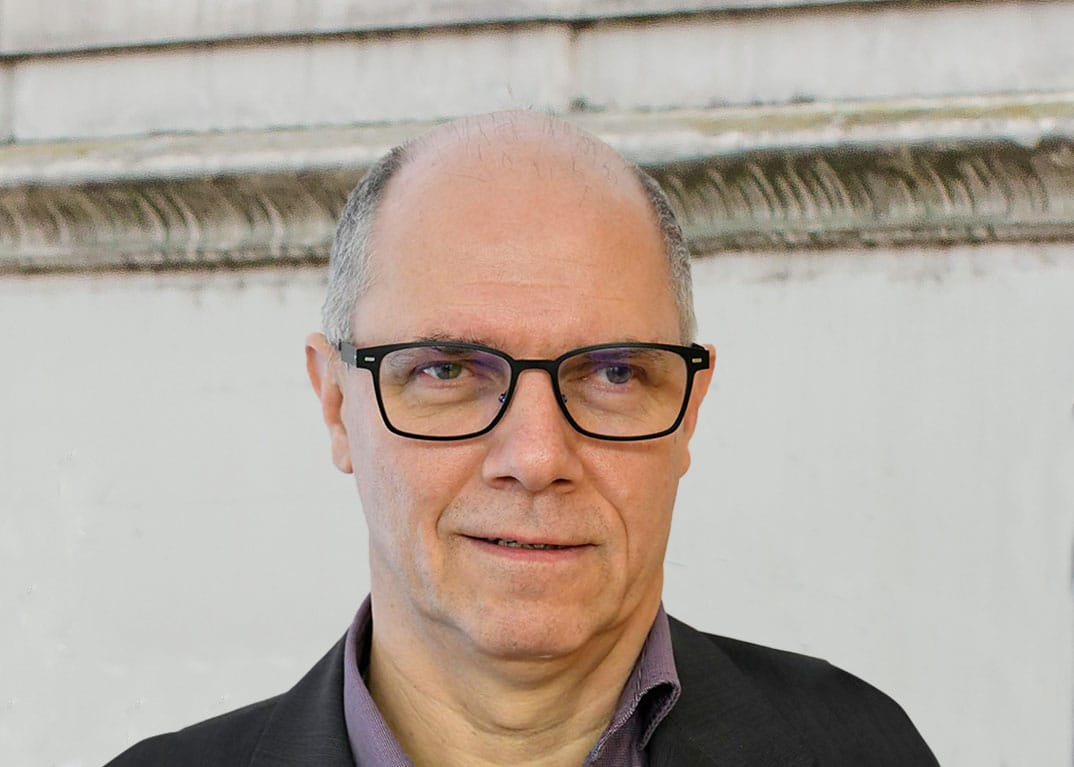

Christian Burri, MPharm, is Deputy Head of the Department of Medicine and Head of the Medicines Implementation Research unit at the Swiss TPH, as well as Professor of Pharmacy & Clinical Pharmacology at the Department of Pharmaceutical Sciences, University of Basel. He has managed and conducted clinical trials on drugs and vaccines against neglected tropical and poverty related diseases, mainly in low-income countries, for over 20 years and possesses extensive knowledge and capacity building experience in the areas of quality management, research ethics and regulatory affairs.
Burri has significantly contributed to the improved treatment of parasitic diseases with a particular passion for sleeping sickness (human African trypanosomiasis). He was trained as a pharmacist at the University of Bern, Switzerland, holds a PhD in medical parasitology from the University of Basel, and received postdoctoral training in molecular pharmacology at Johns Hopkins University in Baltimore, Maryland.
Since 2000, he has held a Diploma in Pharmaceutical Medicine of the Swiss Association of Pharmaceutical Professionals (SwAPP).
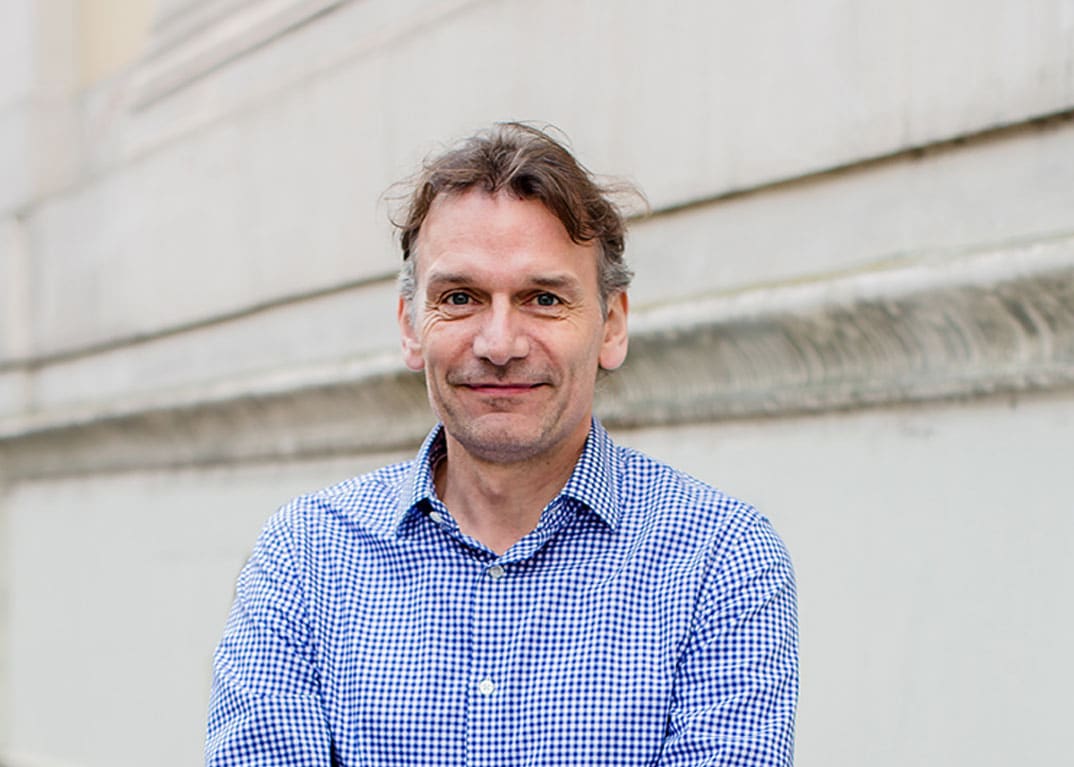

Günther Fink heads the Household Economics and Health Systems unit at Swiss TPH and is Professor of Epidemiology and Household Economics at the Faculty of Science of the University of Basel.
He holds a PhD in economics from Bocconi University in Milan, and was working for 11 years at the Harvard T.H. Chan School of Public Health prior to joining Swiss TPH in 2017. Fink’s research focuses on developing and evaluating novel approaches to improving health systems globally, with a particular focus on child health and child development in low, and middle-income countries.
He has worked extensively on evaluations of national and regional health system reform initiatives, and currently oversees intervention trials in Brazil, Democratic Republic of the Congo, Ghana, Liberia, Pakistan, South Africa, The Gambia, Tanzania and Zambia.


Eric Ipyn Nébié is a PhD candidate at Swiss TPH/ University of Basel in the Medicines Implementation Research Unit. His PhD topic focuses on the improvement of the efficiency of clinical trials: lessons learned from neglected diseases drugs development. He is working under the supervision of Prof. Christian Burri and Prof. Juerg Utzinger.
He graduated as physician in 2010 at university of Ouagadougou. He is EDCTP-WHO/TDR Clinical Research Career development alumni and performed his fellowship at European Vaccine Initiative (EVI) in Heidelberg (Germany), a product development partnership for one-year hand-on-job training (2015-2016). In 2017, he undertook the advanced vaccinology diploma (ADVAC) at Fondation Merieux, Annecy, France. From 2017 to 2018, he was awarded the Africa London Nagasaki (ALN) scholarship from London School of Hygiene and Tropical Medicine (LSHTM) to pursue a Master degree in tropical Medicine and the post-graduate diploma in “Research & development of products to meet public health needs” at Nagasaki university (Japan).
Before joining Swiss TPH for the PhD, Eric was research assistant at Centre de Recherche en Santé de Nouna (CRSN)/ National Institute of Public Health (INSP) in Burkina Faso. He was involved as co-investigator and coordinator in clinical trials (Phase II, III and IV), epidemiological studies as well as health interventions assessment in the Nouna Health and Demographic Surveillance System (Burkina Faso). He is member of Royal Society of Tropical Medicine and Hygiene (RSTMH) and INDEPTH-Network immunization and child survival working group.





